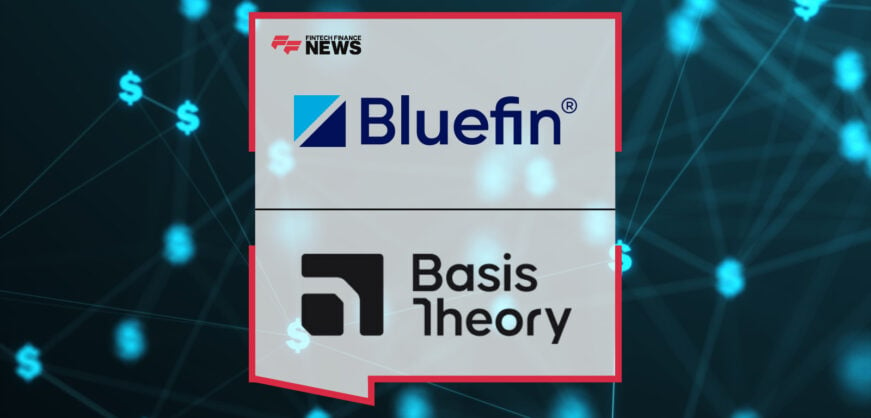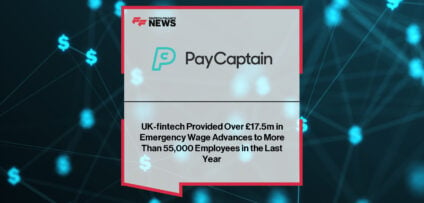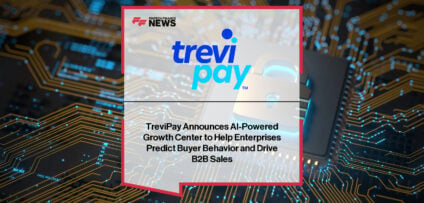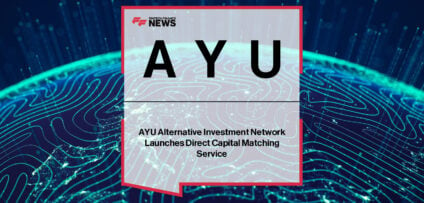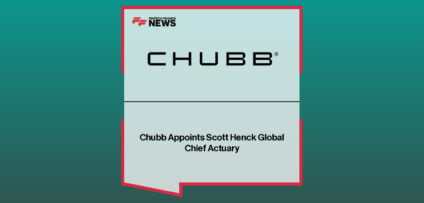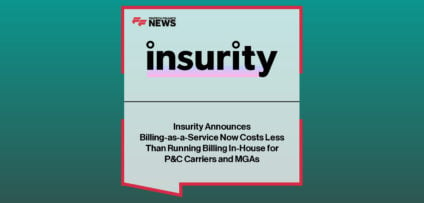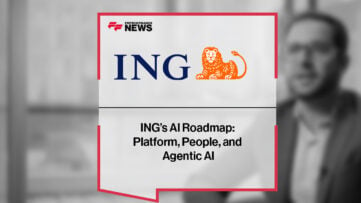Breaking News

Opinion: Trust and Open Banking
With only a few months to go before Open Banking becomes a reality, the launch of Starling Bank’s PSD2-ready API has fired the starting gun on a race which will change the way we bank forever. Mark Skinner from cxpartners explains how success in the next stage of the race will hinge on trust and dedication to putting the customer first.
Imagine a scenario where you can view all your financial products from a single application. So for instance, your current account, savings account, mortgage and credit cards are all in one place. Maybe you think your bank already provides that? After all, you probably already have a banking app on your phone.
But now imagine that all of those services were from different providers. Connected seamlessly, you could swap out one product for another without changing how you view your finances. So, if Bank A suddenly puts on a great savings account, you could switch to it without affecting your banking in general.
Take this one step further and let’s assume that not everyone wants to go hunting around for each product, which is a pretty laborious and sometimes daunting process. Instead, you might trust a third party – let’s say MoneySavingExpert – to curate the best set of products specifically for you. Their advice would be informed by your situation, and you could trust them that changing products would be worthwhile.
With banking regulation changing at the end of this year, which will force banks to open up their systems so that third-party providers can control your banking when you give them permission, I feel that this scenario is much closer than it’s ever been.
Plug and play banking
Starling Bank has fired the starting gun on a race which will change the way we bank forever, by launching the first PSD2-ready API.
Starling is a digital-only challenger bank, and unlike nine of Europe’s biggest banks, they aren’t required to launch these APIs for another 15 months. And yet, they have. This could be for a number of reasons, such as wanting to appear ‘ahead of the curve’ against their competitors and being known as the leaders in helping people see their money in a new way. It also allows third-parties to make use of their own current accounts, which not only raises their profile as a challenger bank but gives them the opportunity to deliver better experiences for their customers.
With Starling’s technology built from the ground up, and one of their main principles focusing on people having healthier financial lifestyles, it’s evident that this isn’t just a regulatory change for them but one that will be widely welcomed.
Because of its ability to move quickly, Starling is making use of other peoples’ services to deliver better experiences for their customers – whether it’s joining forces with Transferwise for foreign exchanges or working with Moneybox for savings – they’re running a plug and play model for banking.
Choosing your own products
The next step in this journey is the ability for customers to choose their own savings product, their own foreign exchange service or their own credit card and tie them together – either through third parties, or potentially with their current account provider. This would create services that can talk to each other in new ways and start giving people financial freedom whilst lowering the effort involved.
For me, the really interesting step will be the scenario I described at the beginning where it stops being the customers or banks choosing which products are best plugged together, but instead the third parties which have the power to make these decisions for you. This creates a world where MoneySavingExpert for example can create the best financial package for your situation as well as giving you a single place to view them.
Trust
One area that is critical to delivering seamless experiences will be how trusted the brands involved are. If you haven’t heard of the brand, and therefore don’t have trust in them, you’re unlikely to give them access to your finances. What this does for smaller brands, however, is create opportunities for partnerships with more trusted brands.
For start-ups like Starling, partnering with a company like Transferwise – which already has a proven track record – gives them added credibility, allowing them to use that trust as a springboard for their own success. What will be difficult for these lesser known brands is knowing when it’s better to partner with a trusted brand and when it’s better to partner with a company that provides a better service.
Other brands such as Apple and Google will be able to capitalise on how well-known and trusted they already are. Leveraging this trust will allow them to get a foot in the door with customers, where some of the newer brands might struggle. They will also be able to use some of their existing services to help them get up and running quicker, which will ultimately create higher competition in the market.
It is evident, therefore, that the next stage in the race will hinge largely on trust, but also dedication to putting the customer first. With traditional banks seemingly only prepared to do the bare minimum to comply with the PSD2 regulations, there are major opportunities for Fintech start-ups like Starling and Transferwise – but also well-established non-financial brands.
About the author
Mark Skinner is a senior UX Consultant at customer experience company, cxpartners. Mark advises businesses including Google, The Co-Operative Bank and AXA on how to provide great experiences for their clients and customers.
- Bluefin and Basis Theory Partner to Enable Unified Tokenization Across Digital and In-Person Payments Read more
- Invest Bank and AUTON8 Build Partnership to Drive Digital Resilience and Banking Agility Read more
- ING’s AI Roadmap: Platform, People, and Agentic AI Read more
- UK-fintech Provided Over £17.5m in Emergency Wage Advances to More Than 55,000 Employees in the Last Year Read more
- TreviPay Announces AI-Powered Growth Center to Help Enterprises Predict Buyer Behavior and Drive B2B Sales Read more



